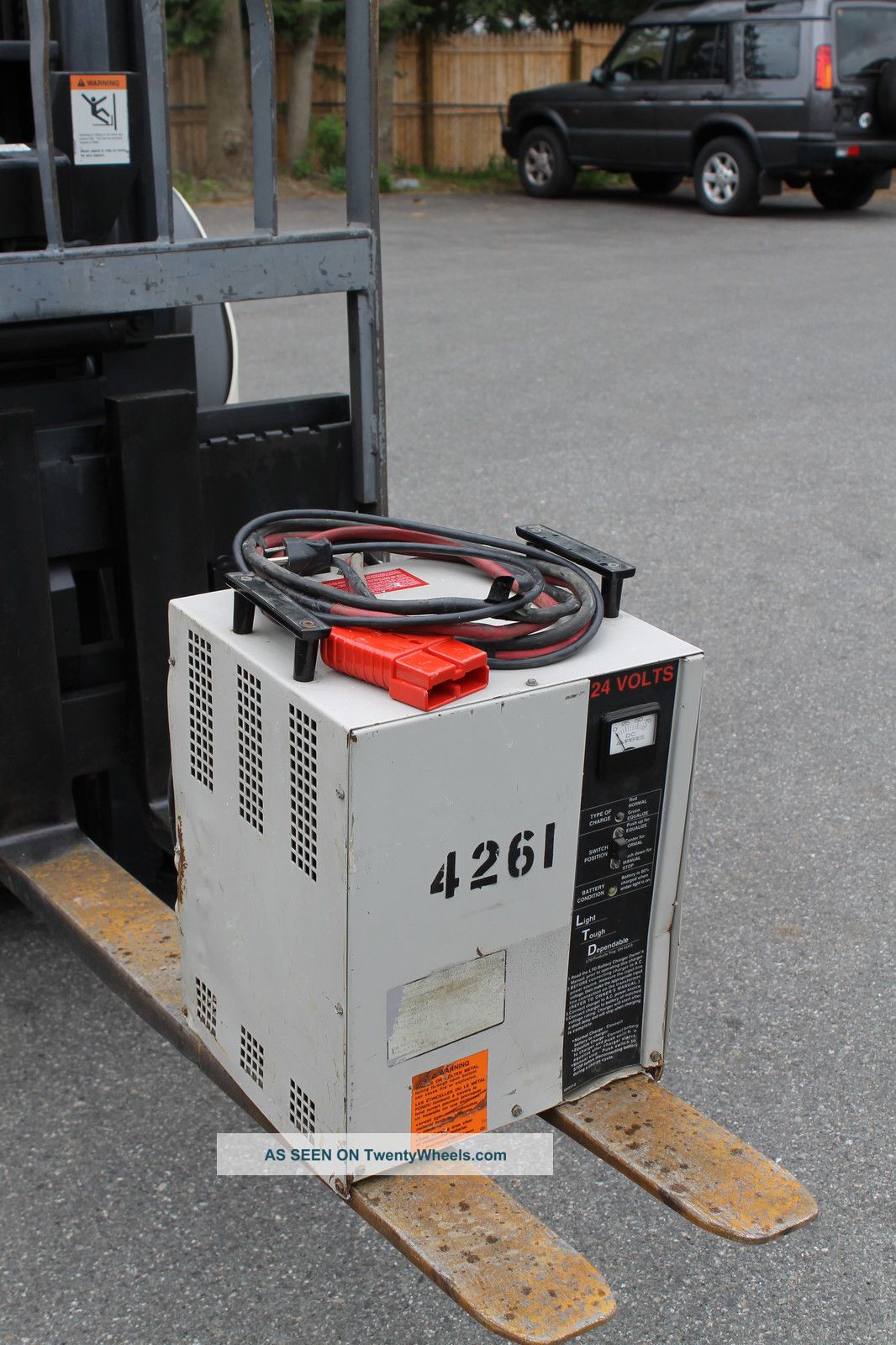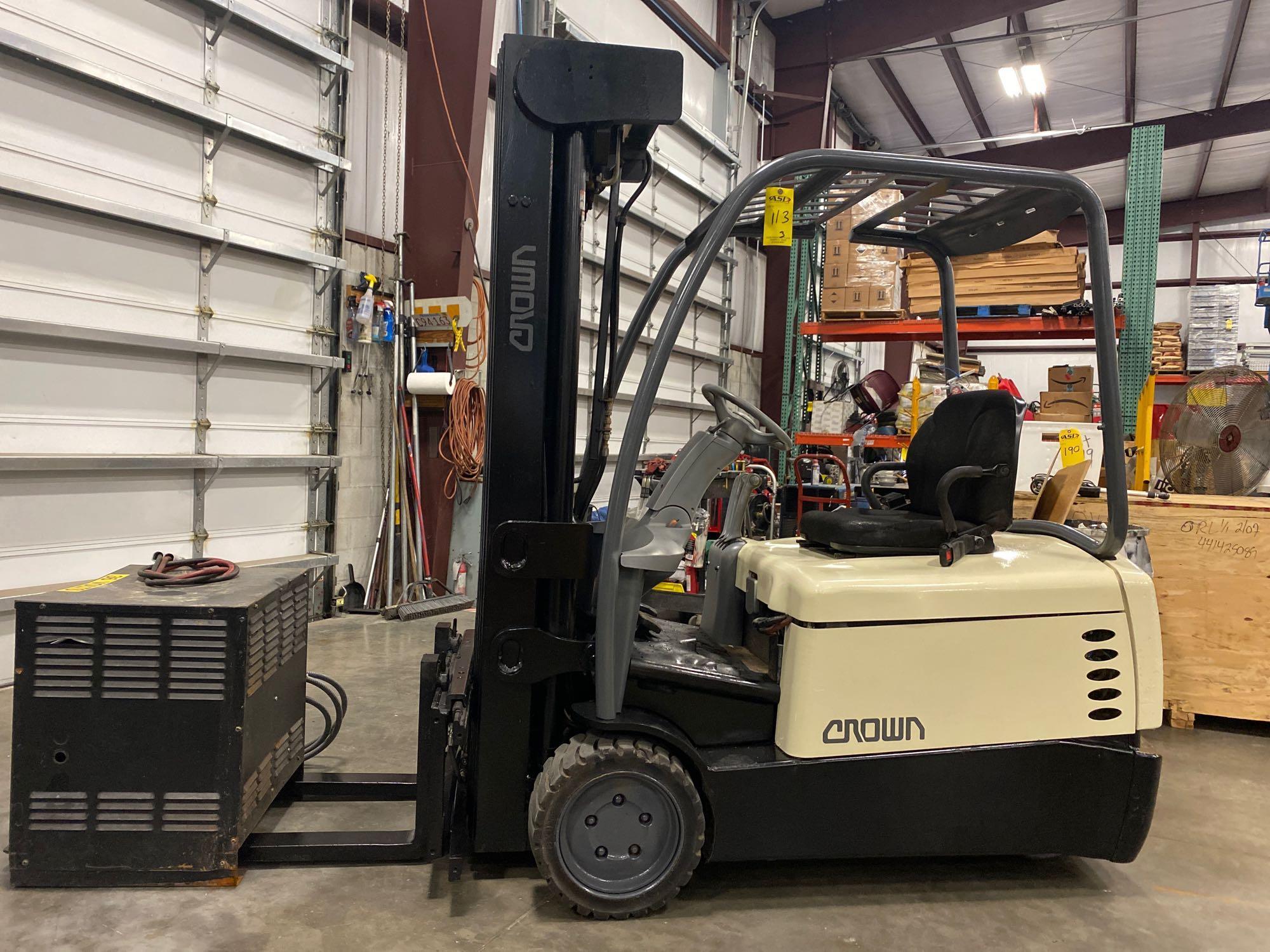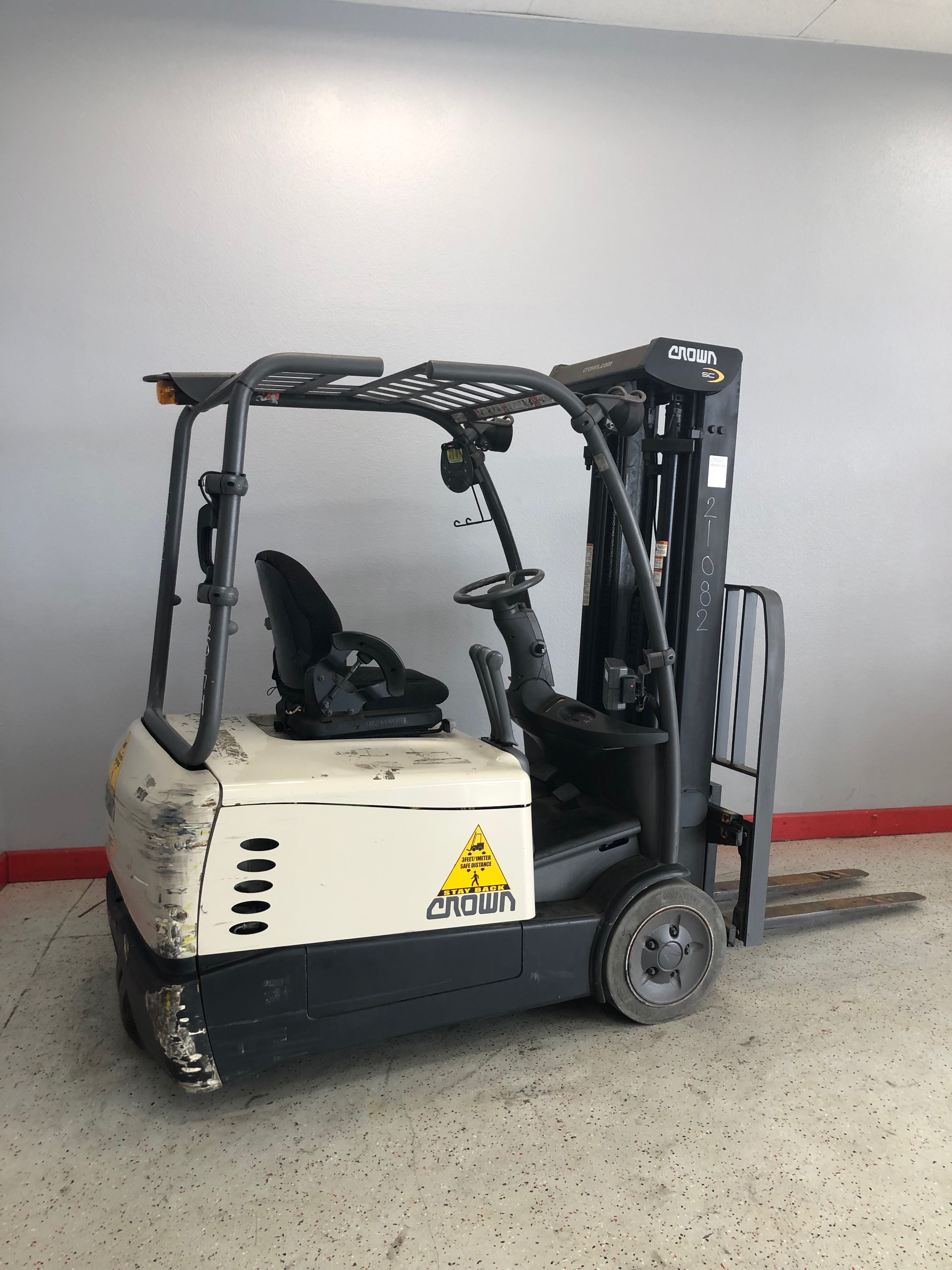

For a fixed fee of $150 to $300 per vehicle each month, Crown maintains and repairs its customers' trucks, no matter the damage. Mills says he can run his Crown trucks an average of ten hours a day for eight to ten years. Mills, an assistant vice president atĪnd a longtime customer. (A network of 200-plus worldwide dealers sells the equipment.) "I don't think the typical operator appreciates a Crown as much as they should," says Gary M.

That allows the company to charge up to 38% more for its equipment: A narrow-aisle reach truck that can bear 3,000 pounds sells for $33,000, compared with a similar Raymond model at $24,000.

Crown can customize orders-say, a customer needs a mast that can handle a heavier load-within 18 hours. Crown also has plants in Germany, Ireland, Australia and China.Ĭontrolling all aspects of production, says Jim III, keeps the company agile. "If they had their way, they would have their own iron mines." Fully 70% of its manufacturing takes place in the U.S. 's forklift division, which Crown inched past in sales this year, becoming the fifth-largest manufacturer of lift trucks in the world. "They're a very frustrating bunch to work with," says Robert L. Crown still makes 85% of all parts in-house, outsourcing only steel parts and tires. "We've always had the commitment to stay a private company, to stay family-owned," says Jim Dicke (pronounced "Dickey") III, 36. Over the years Crown has turned down several buyout offers, while rival forkliftmakers, like Hyster, Yale and Raymond Corp., have sold out. Crown's lineup ranges from a $400 hand pallet truck to a $75,000 turret stockpicker that can handle up to 3,000 pounds, whip around at 7.5 miles an hour and raise an operator 38 feet off the ground to survey and manipulate inventory. But you can't run a warehouse or big box store without pallet trucks and electric forklifts. Materials handling equipment doesn't draw quite the same attention as a social networking site or the lingerie business. Since the late 1960s, though, its metier has been electric lift trucks. The heat regulator business cooled in the late 1940s, and Crown switched to making antenna rotators, which it phased out in 2001. That's when Dicke brothers, Allen, a patent attorney, and Carl, a salesman-plus his son Jim, fresh from military service-started making controls for coal-burning furnaces.


 0 kommentar(er)
0 kommentar(er)
